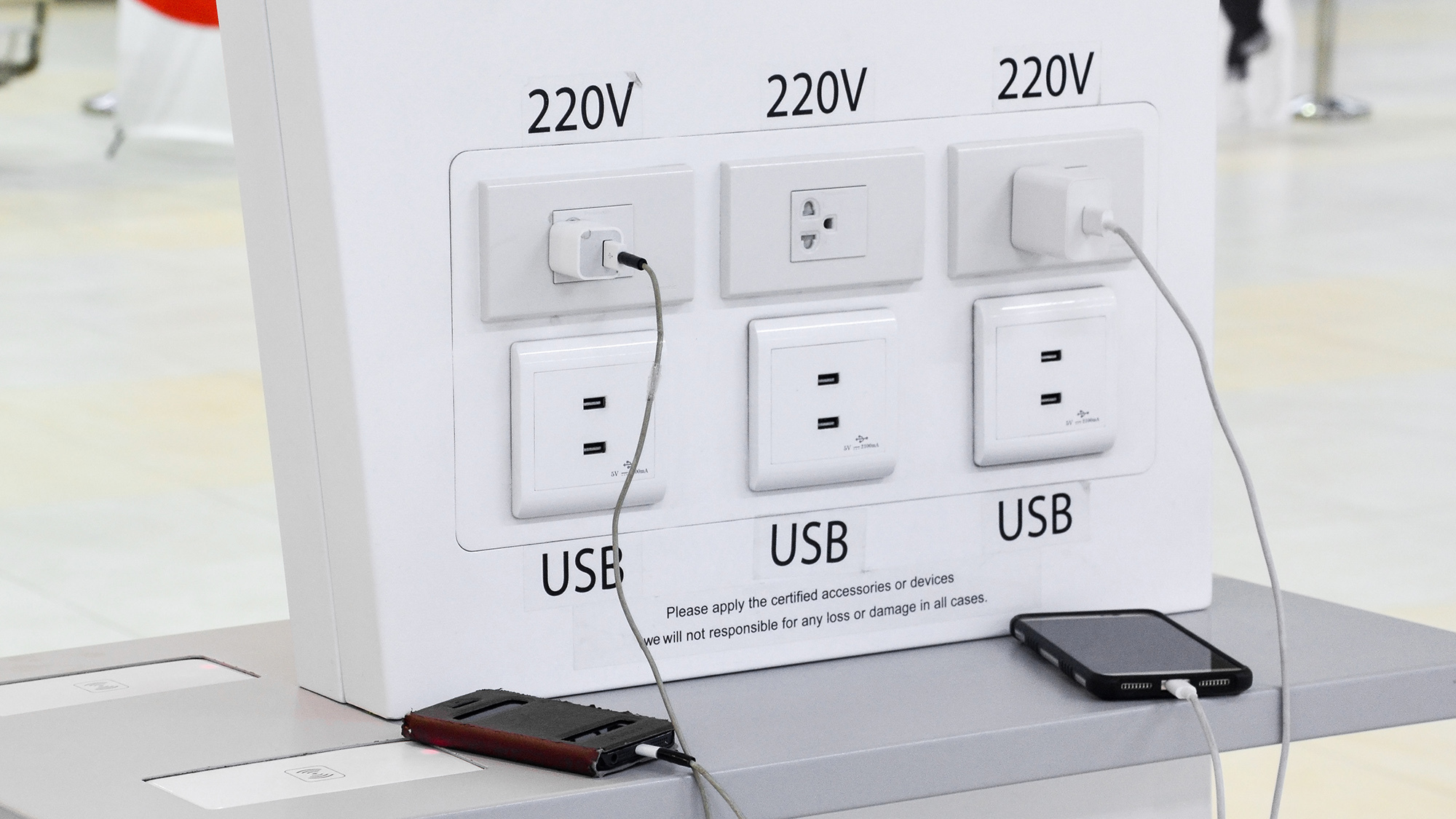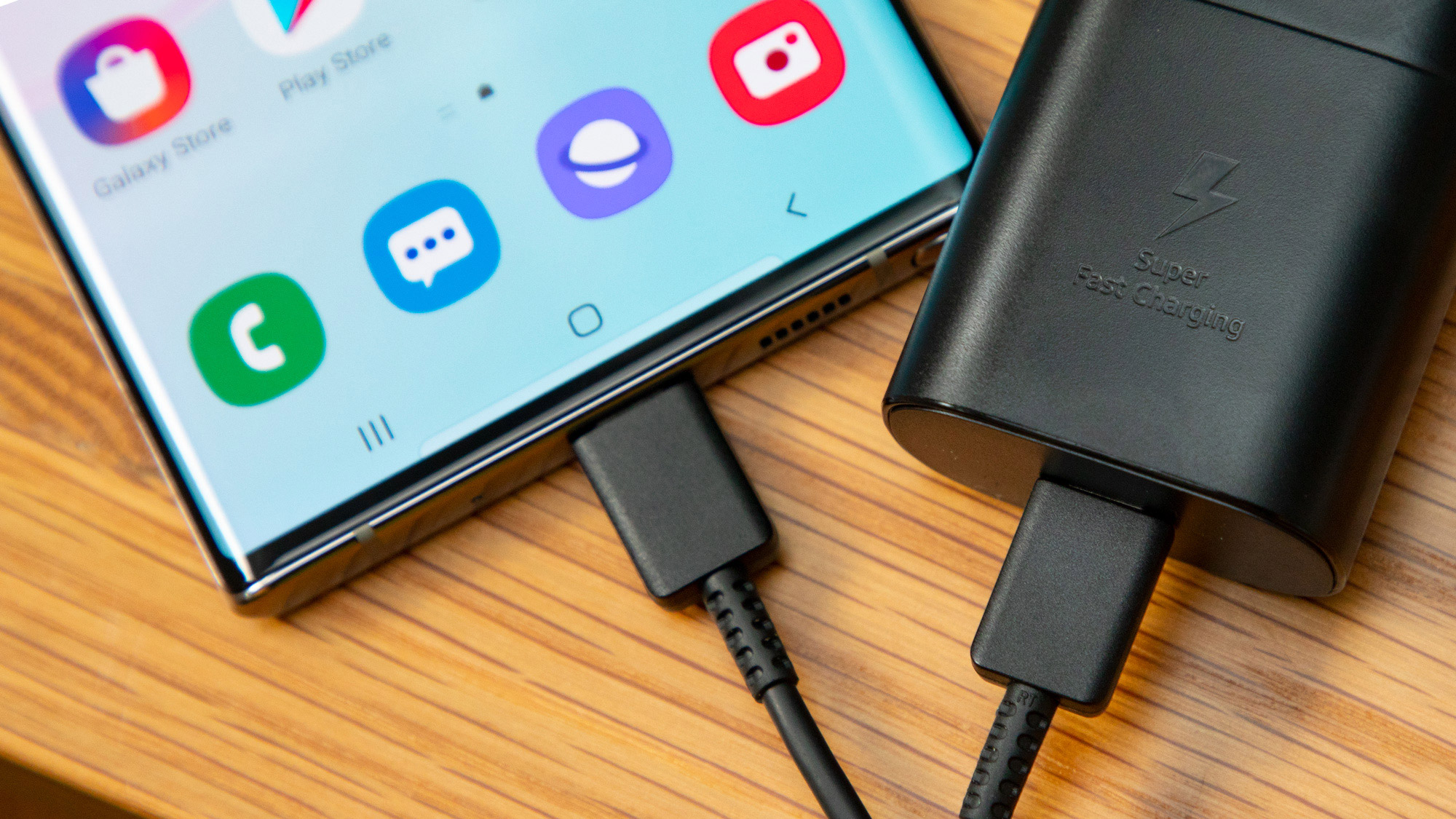
If you’ve used a free, public charging station before, you may want to think twice before doing so again. The FBI has issued a new warning on the dangers of “juice jacking."
Even with one of the best phones, keeping your battery fully charged can be difficult, especially when traveling. For this reason, public phone chargers have begun popping up in airports, hotels, malls and other places in recent years.
However, in a new tweet spotted by CNBC, the FBI’s Denver office is warning smartphone users to avoid public charging stations even though many of them are free. The reason behind this is simple though as hackers can use their USB ports to infect your smartphone with malware or spyware.
While this may be your first time hearing of the dangers of “juice jacking” this actually isn’t a new threat. In fact, The Los Angeles District Attorney issued a similar warning about a USB Charger Scam back in 2019. The idea of using malicious USB wall chargers to deploy malware is much older actually and it was first unveiled at the Black Hat cybersecurity conference back in 2013.
How to stay safe from juice jacking

When it comes to staying safe from juice jacking, you always want to use your own charging cable and wall wort when out in public. It may be a bit of a hassle to carry around but this sure beats getting a malware infection or having your identity stolen. Likewise, using one of the best portable chargers is another way to prevent your smartphone from dying throughout the day or while on vacation.
There are also several ways to make your phone’s battery last longer so that you don’t have to plug it into a wall outlet. On Android for instance, you can enable Battery Saver Mode and if you own a Pixel phone like the Pixel 6A or Pixel 7, you can turn on Extreme Battery Saver to extend your device’s battery life even further. Using one of the best iPhones instead? Here are 12 tips to save battery life on your iPhone.
Juice jacking may be a lesser known threat and it’s still difficult for hackers to compromise the USB ports of public phone chargers but even then, it’s worth knowing about to avoid falling victim yourself.







